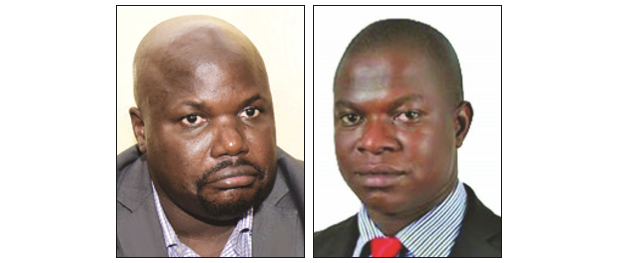
A few days to the February 18, 2016 elections, for example, the Uganda Communication Commission (UCC) banned his song `Dembe’, which had an election theme and criticised the politics of warmongering.
“When freedom of expression is met with suppression and oppression, then Opposition becomes Our Position,” Bobi Wine posted online back then. Nine months later, he finds himself banned from appearing on TVs and radios because of his fight against the age limit and the injustices against the poor.
“I have been a part of them (poor) since I was a kid,” Bobi told The Independent in an interview, “Now I am 30 years old and I can tell you the gap between the rich and the poor is widening and as the poor people’s conditions are getting worse, the sight of the authority on these concerns is dimming.”
According to scholars, rage such as that of Kyagulanyi is caused by a sense of disappointment, bewilderment, envy, and resentment. They say that when people are fed on expectations that fail to come true, they feel humiliated and start raging.
One scholar, Pankaj Mishra, says in his book `Age of Anger’ that “an existential resentment of other people’s being” is a big problem.
It is “caused by an intense mix of envy and sense of humiliation and powerlessness, resentment”. As it lingers and deepens, it “poisons civil society and undermines political liberty, and is presently making for a global turn to authoritarianism and toxic forms of chauvinism.”
Museveni could be facing this kind of resentment. His critics say he came to power promising fundamental change but has overstayed in power, repeating mistakes of previous governments. Overtime, people have heard him repeat promises without fulfilling them. The result is anger, rage, and aggression.
Meanwhile, Speaker Kadaga is now a villain for the opposition and heroine for the government. A day after the Sept.27 brutalisation of MPs, their colleagues from the ruling party cheered Kadaga wildly and moved a motion praising her for “restoring the dignity of parliament”.
But there are others who say Kadaga could have resolved the impasse without resorting to violence.
“Next time, just make sure the MPs are blocked from accessing the parliament chambers,” somebody posted online.
Where a speaker should aspire to be even-handed, Kadaga and her Deputy Jacob Oulanyah’s actions are also being seen as a result of them subordinating parliament to the executive. In an interview with The Observer newspaper, retired Spreme Court judge George Kanyeihamba, who served as Attorney General under Museveni, described parliament as a rubber-stamp.
“The President owns the rubber stamp,” he said and added: “We are talking about important matters but many NRM MPs are saying you must pay us to change it; are they working for this country or an individual?”
Incidents like the involvement of Museveni’s special guards in the swoop into the chambers to evict 25 MPs appear to back those who accuse her of being a Museveni poodle.
So while Kyagulanyi, Ssewanyana, and others appear to espouse a spirit of anarchy that is sweeping across urban areas in Uganda, many of their supporters hope a better Uganda will emerge out of the debris of their destructive rage. But some simply do not care what comes after – as long as President Museveni and his establishment are kicked out of power.
****
 The Independent Uganda: You get the Truth we Pay the Price
The Independent Uganda: You get the Truth we Pay the Price



